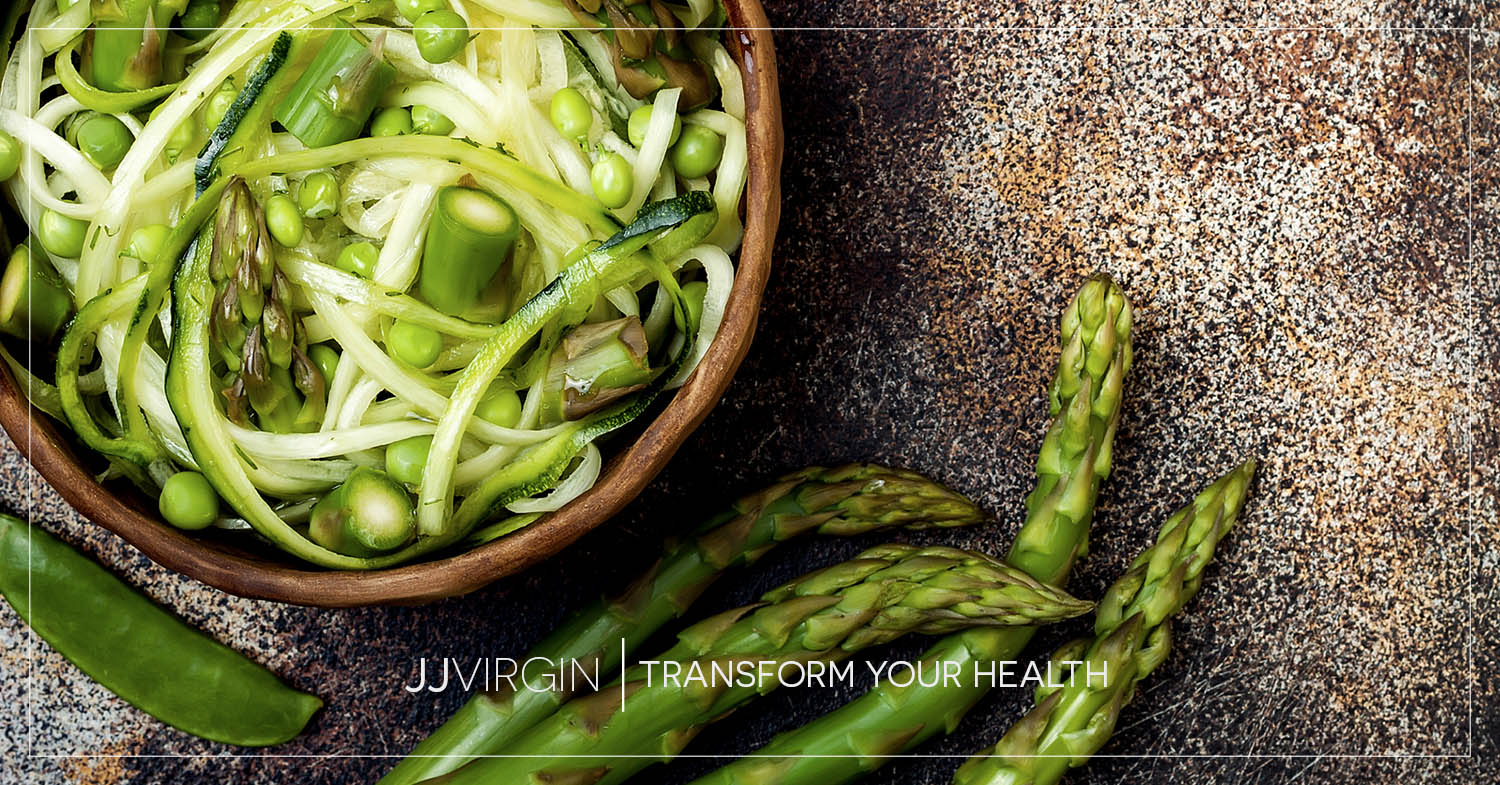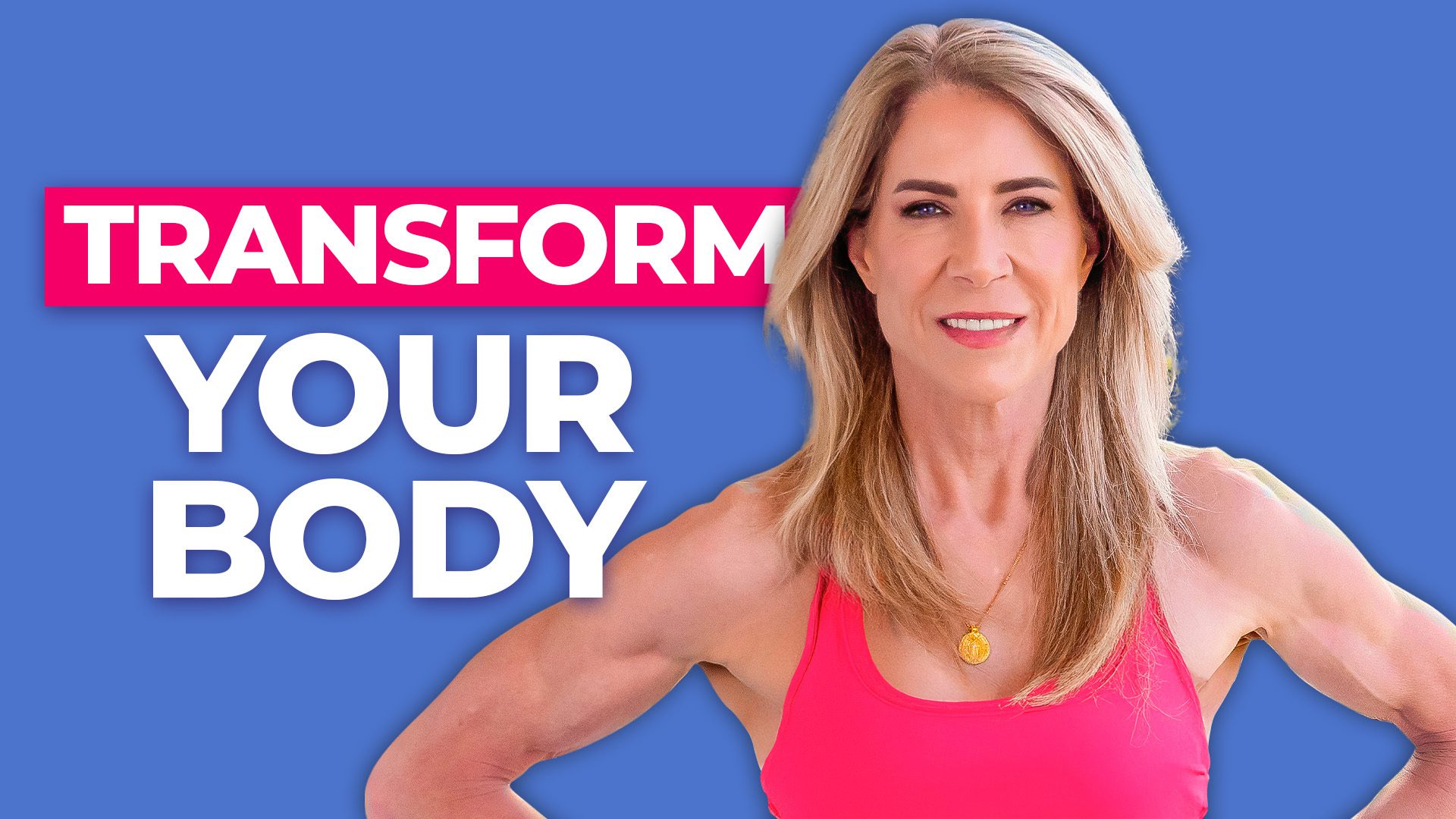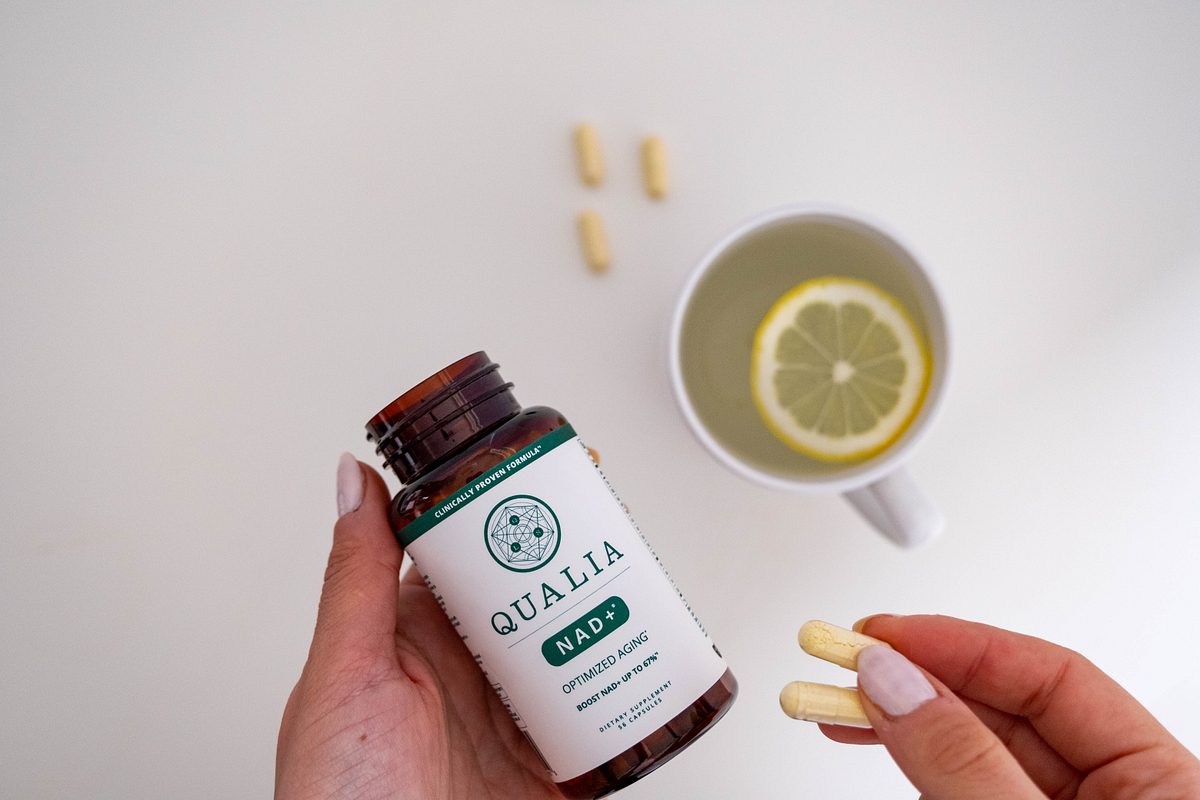Many people know that probiotics help replenish the healthy bacteria in your gut. They’re the “good guys” you want to have in your microbiome, and they’re responsible for a lot of important jobs.
From maintaining your immune system and improving your digestion to helping you lose weight and influencing your mood, the friendly flora in your gut keep your whole body thriving.
What you may not know is that just like you and me, those helpful microbes have to eat! And just like us humans, some foods serve them better than others. That’s where prebiotics come in!
What are Prebiotics?
Prebiotics are a type of fiber that feed the beneficial bacteria in your digestive tract, helping you maintain a healthy balance of gut flora. Your gut bacteria impact your health in many ways, and the right balance is crucial to helping you look and feel your best.
If the community of microbes in your gut is out of balance, the consequences can be devastating. Not only will your health and your mood suffer, so will your waistline!
That’s because too many bad influences in your gut can cause you to extract more calories from the food you eat and store them as fat.1
Prebiotics to the rescue! Studies show that prebiotics can prevent an overgrowth of bad bacteria in your gut, helping you lose weight and reducing your risk of obesity and serious metabolic disorders.1
The Powerful Results of Prebiotic Fermentation
As if all that wasn’t enough, prebiotics also lead to the production of helpful nutrients called “short-chain fatty acids.”
Since prebiotics resist digestion in your small intestine, they travel to your large intestine where they’re fermented by hungry bacteria. That fermentation is key because it’s how short-chain fatty acids are created.
I won’t launch into an in-depth biochemistry lesson, but I will tell you that “short-chain” refers to the fact that they’re smaller molecules. That means they can cross the barrier between your blood and your brain, helping you in ways that long-chain fatty acids can’t.
In addition to being a source of energy for your cells, research shows that short-chain fatty acids have a host of health benefits, including:
- Reducing inflammation. Scientific studies show that short-chain fatty acids can change how the cells communicate in your body, helping to cut down on system-wide inflammation.3 That’s wonderful news, considering that chronic inflammation is involved with premature aging, weight gain, and a long list of health issues!
- Improving detoxification. Short-chain fatty acids can lower the pH in your gut, helping defend against harmful bacteria, viruses, and other toxins that can cause illness.4 What’s more, that lower pH sets up the perfect conditions for the growth of the favorable bacteria you want in your gut.4
- Preventing leaky gut. Years of poor gut health brought on by a poor diet and high stress can trigger what is known as leaky gut and all the problems that go along with it. Research shows that short-chain fatty acids can help stop leaky gut by strengthening your gut barrier and the tight junctions that keep partially digested food securely inside your intestines, where it belongs.5
- Boosting your immune system. You’ve probably heard that vitamin C helps fight off a cold, but you may be surprised to learn that short-chain fatty acids can keep you healthy, too! That’s because these incredible molecules help regulate the activity and function of disease-fighting immune cells in your body.6 Is there anything that short-chain fatty acids can’t do?
- Enhancing mineral absorption. If you want to strengthen your bones and your teeth, short-chain fatty acids are an amazing ally! Studies show that short-chain fatty acids increase the absorption of calcium, a key mineral for building healthy teeth and bones.7 Prebiotic fiber does a body good!
- Protecting against major diseases. Not only have these short-chain superheroes been proven to kill colon cancer cells and fuel healthy cells in the large intestine, they’ve also been shown to reduce blood glucose levels and lower risk factors for type 2 diabetes.8-9
I don’t know about you, but i think those are all amazing reasons to include more prebiotics in your diet!
How to Get Prebiotics
Now that you know all the advantages of prebiotics, of course your next question is, “How do I get them?”
It’s important to get prebiotics from a variety of sources in your diet. And to make it super simple for you, here’s a handy list of 10 gluten-free, high-prebiotic foods…9-12
-
- Oats
- Cacao
- Onions
- Garlic
- Coconut
- Asparagus
- Dandelion greens
- Legumes (beans and lentils)
- Cooked, chilled potatoes (due to resistant starch)
- Apples
Whether you get prebiotics through your diet or a high-quality supplement, you can’t go wrong! Either way, fueling your friendly gut bacteria with prebiotics is a great way to optimize your health…
Thanks so much for reading this post! If you’re interested in finding out more about how to dial in your diet and health, please check out my online programs. They’re science-based and have already helped thousands of people feel better fast and lose the weight.
Article Sources
- https://www.ncbi.nlm.nih.gov/pmc/articles/PMC3827018/
- https://academic.oup.com/ajcn/article-abstract/106/3/930/4822371?redirectedFrom=fulltext
- https://academic.oup.com/ajcn/article-abstract/106/3/930/4822371?redirectedFrom=fulltext
- https://www.ncbi.nlm.nih.gov/pubmed/23609775
- https://academic.oup.com/cdn/article/2/3/nzy005/4828321
- https://www.ncbi.nlm.nih.gov/pmc/articles/PMC4855267/
- https://www.ncbi.nlm.nih.gov/pubmed/16087995
- https://www.ncbi.nlm.nih.gov/pubmed/25214711
- https://www.sciencedirect.com/science/article/pii/S1521691803001331
- https://www.ncbi.nlm.nih.gov/pubmed/8777017
- https://www.ncbi.nlm.nih.gov/pmc/articles/PMC3566565/
- https://www.ncbi.nlm.nih.gov/pubmed/26830416






